Engineering students defy gravity (and friction) in hovercraft competition
Second-year mechanical engineering students will race remote-controlled hovercraft that float on a cushion of air, combining speed and control in a Hyperloop design challenge. Split into 20 teams, the class will address one of the technology’s fundamental premises: freeing transportation from the limitation imposed by friction from contact with rails or roads, which allows higher speed travel.
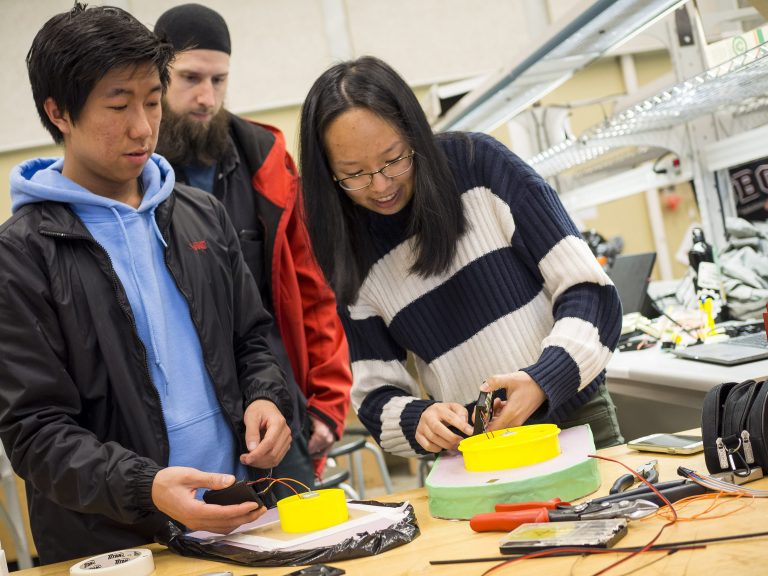
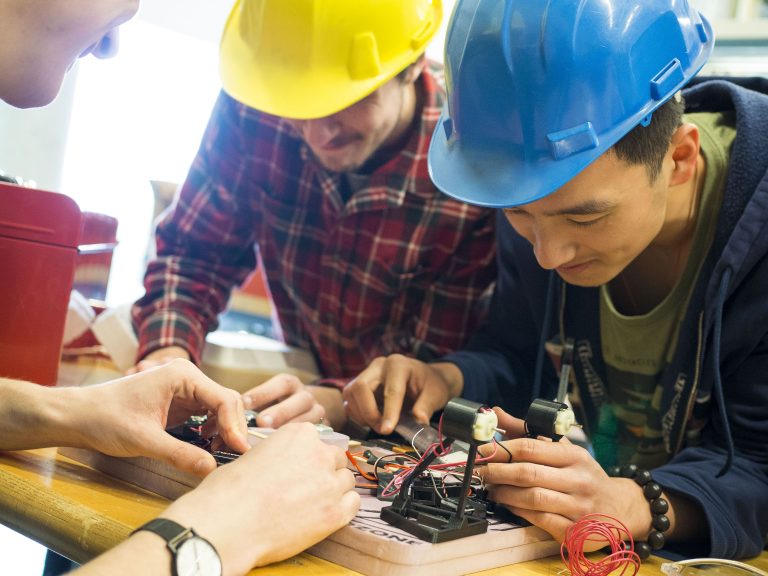
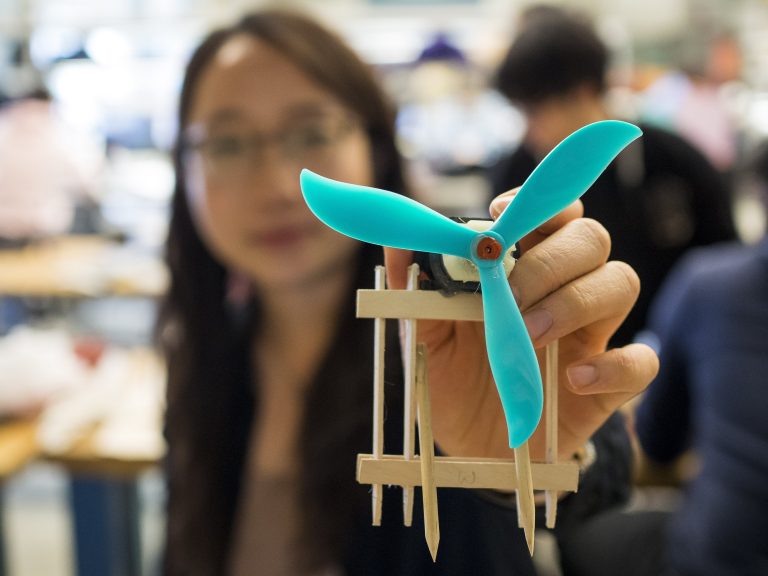
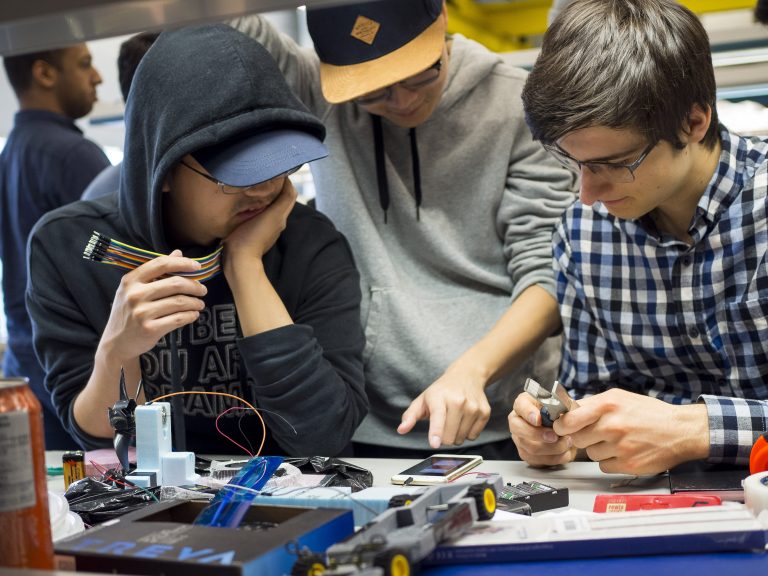
Not only will the students’ hovercraft need to zip around the looped track, but they will also have to stop on a dime – a major challenge in a reduced-friction scenario. Teams will be scored on distance and speed control as well, and face a “mayhem round” where multiple groups will have to coordinate their vehicles as they move around the track. Teams will receive points for economical design, and sustainable materials, as well as whether or not they can correctly predict their own design’s performance. This twist is meant to underline the importance of thorough design and testing – “when you’re designing something you need to account for a variety of possible operating conditions, and not just tune a vehicle to one set of conditions” explains Instructor Agnes d’Entremont. With just over two weeks to design and test, students will have to combine creativity with their skill, knowledge, and engineering rigor in order to rise to the top.
This event is open to the public.
Date/Time: Tuesday, April 16 | 11 AM – 3 PM
Location: Fred Kaiser Building (map), Room 1180, 2332 Main Mall, University of British Columbia, Vancouver
Parking: Health Sciences Parkade (map)
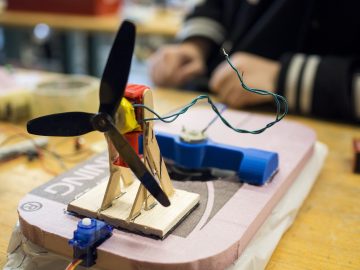
Photo Credit: Clare Kiernan